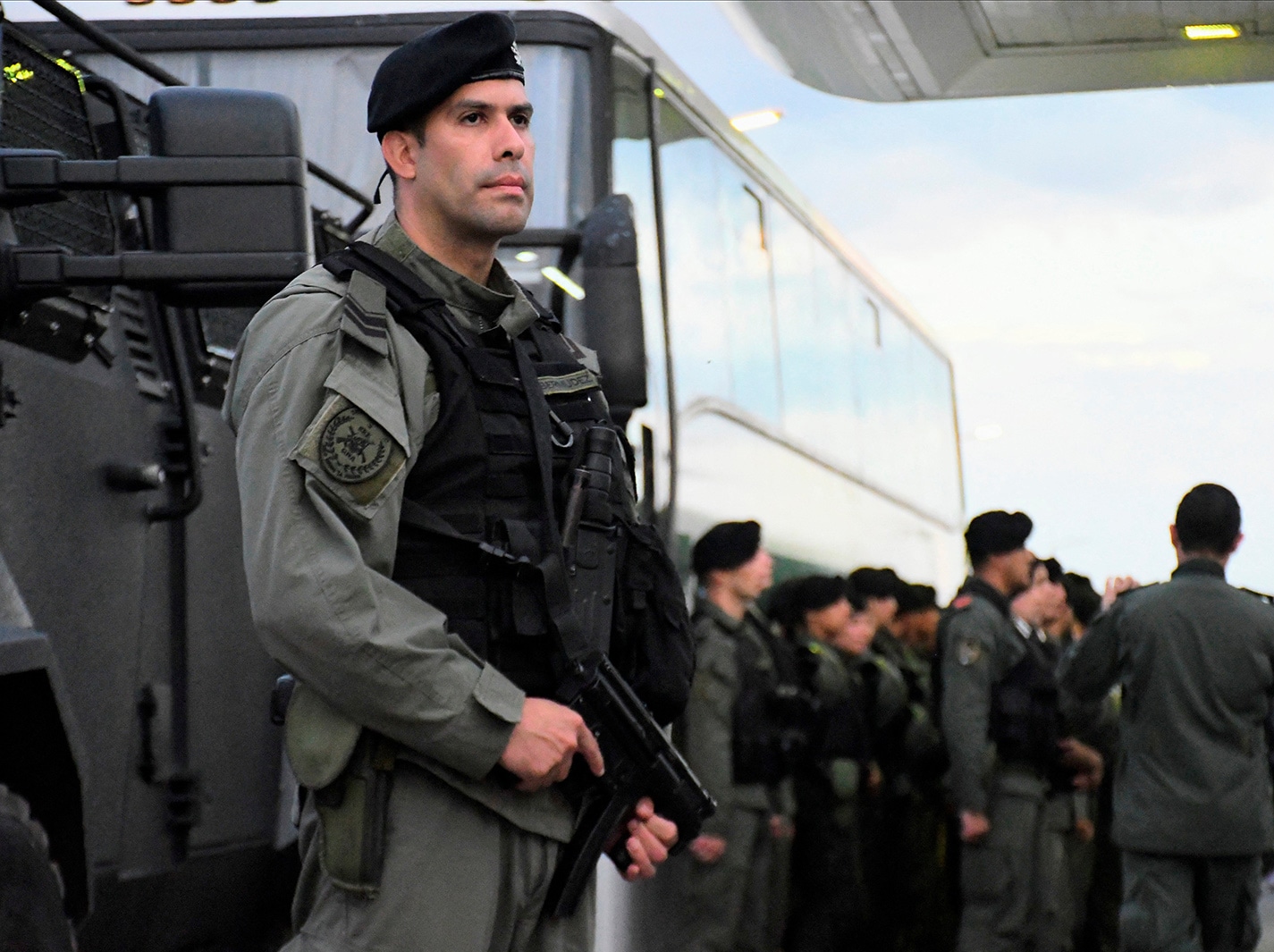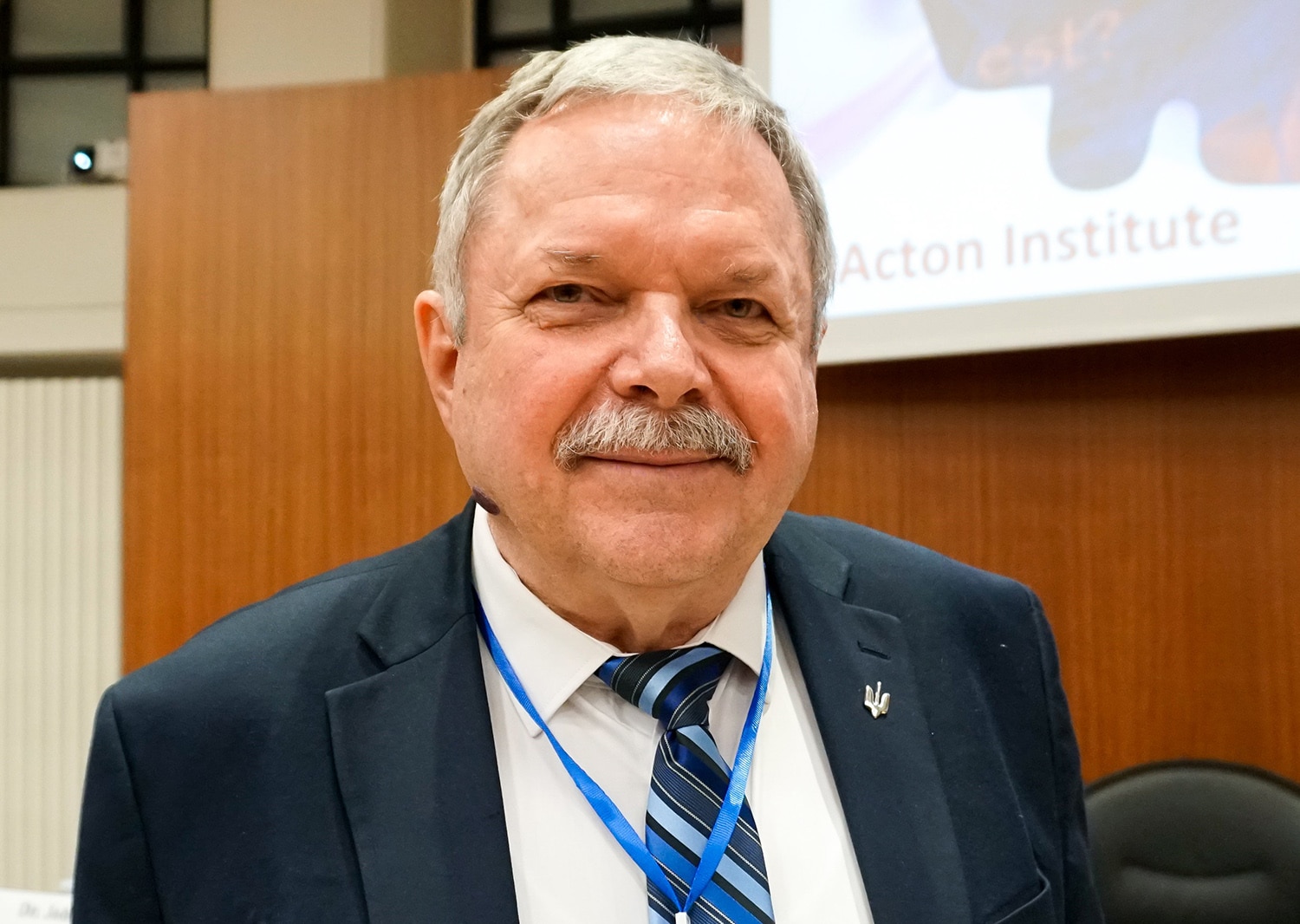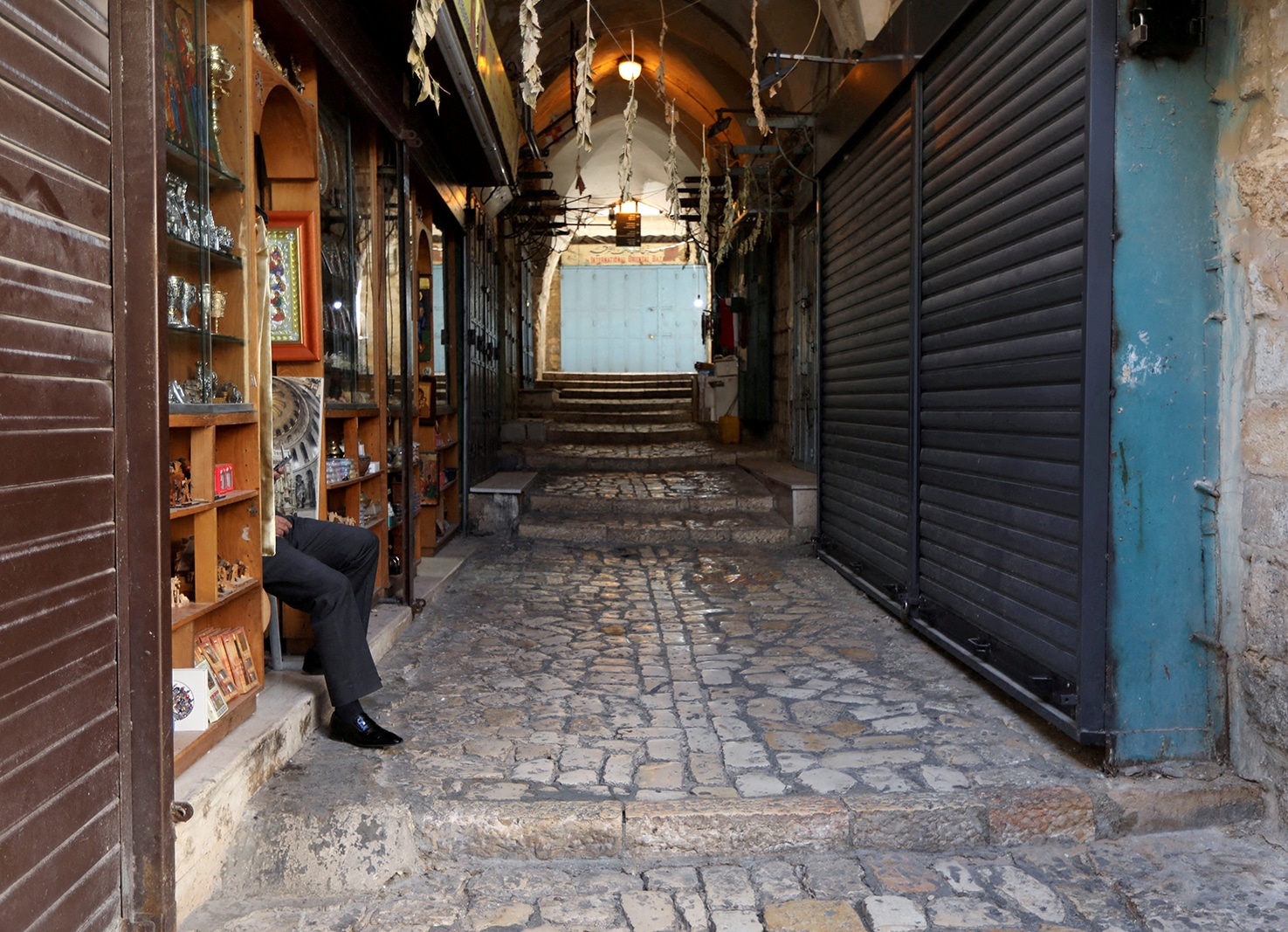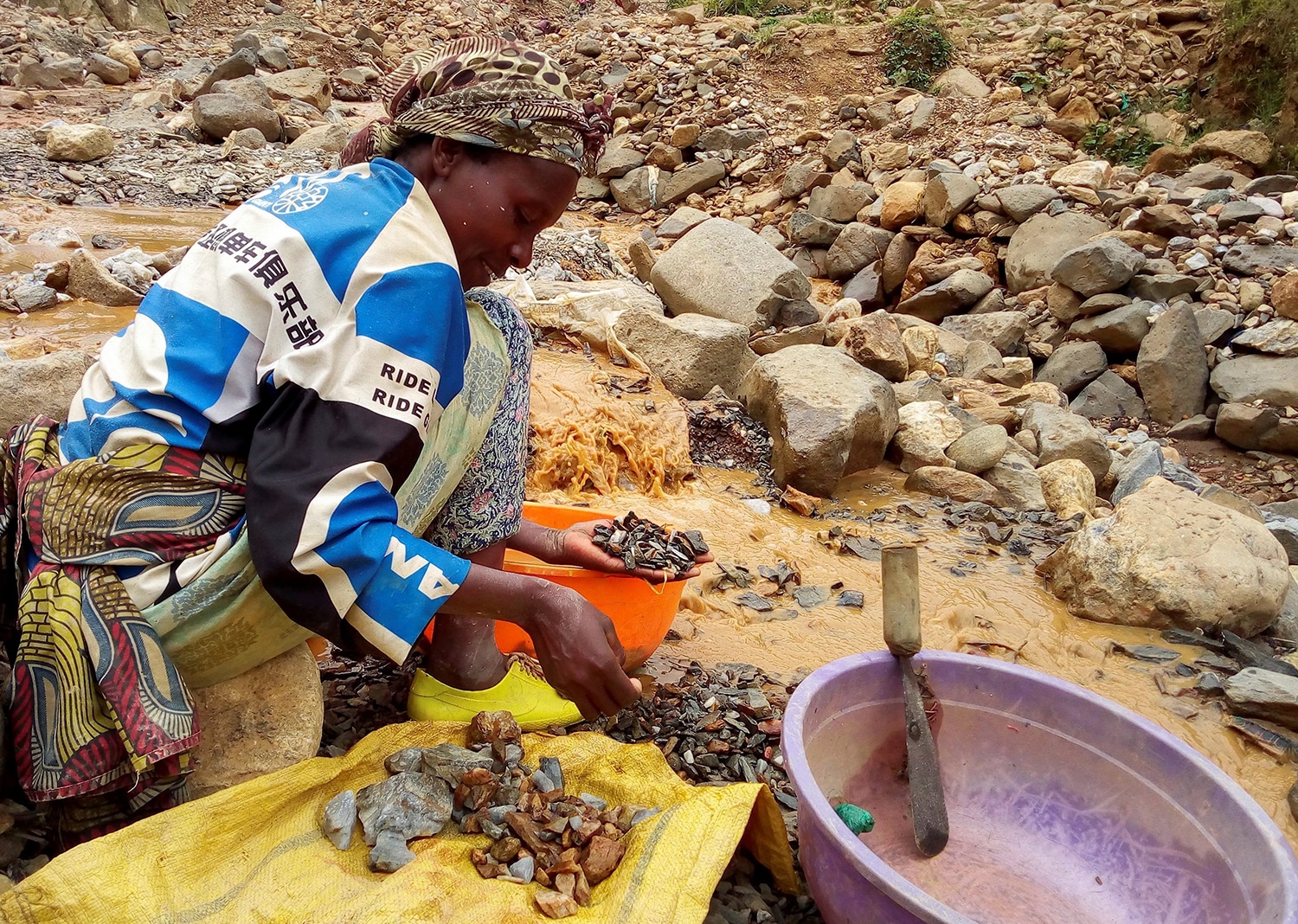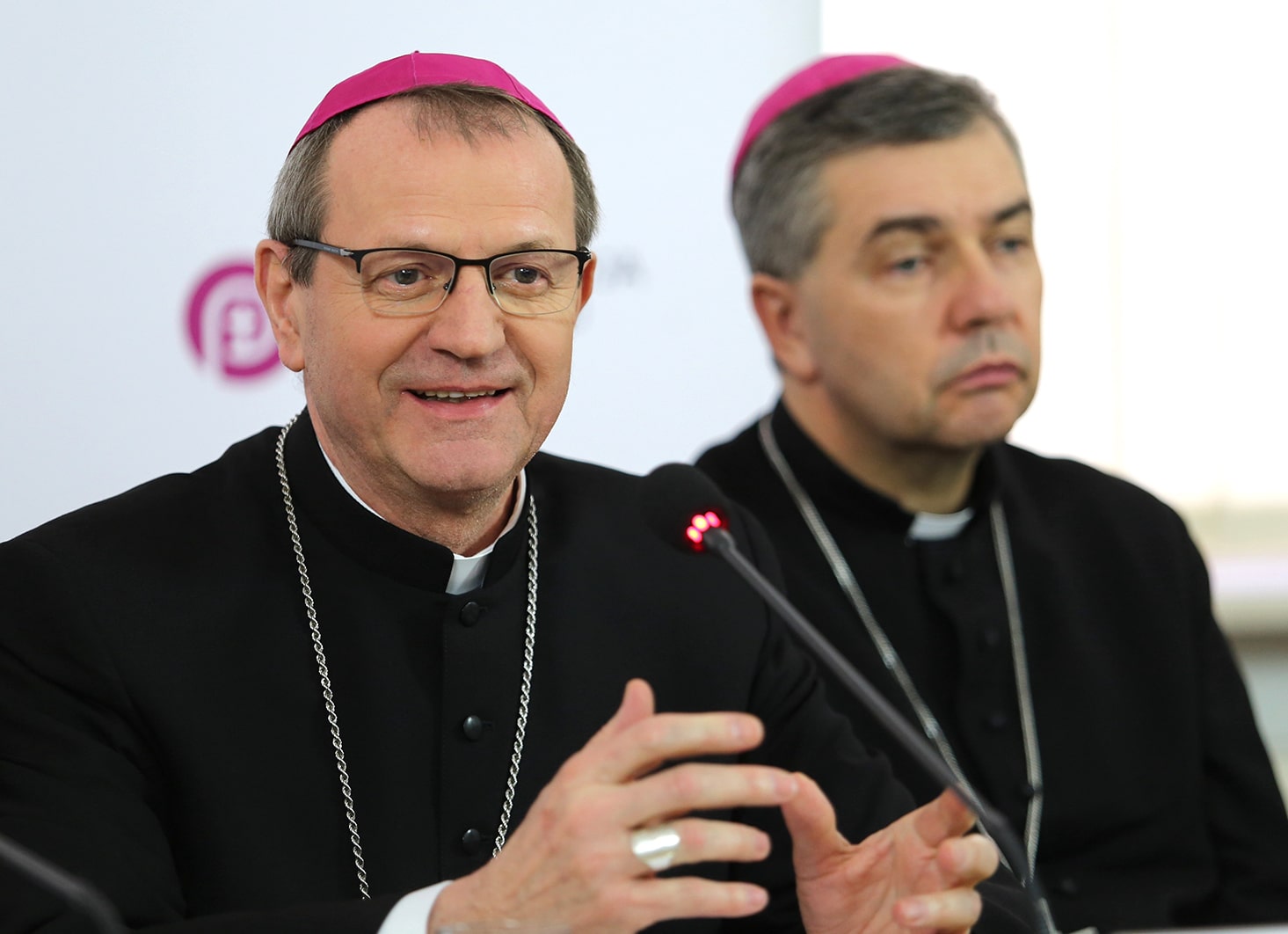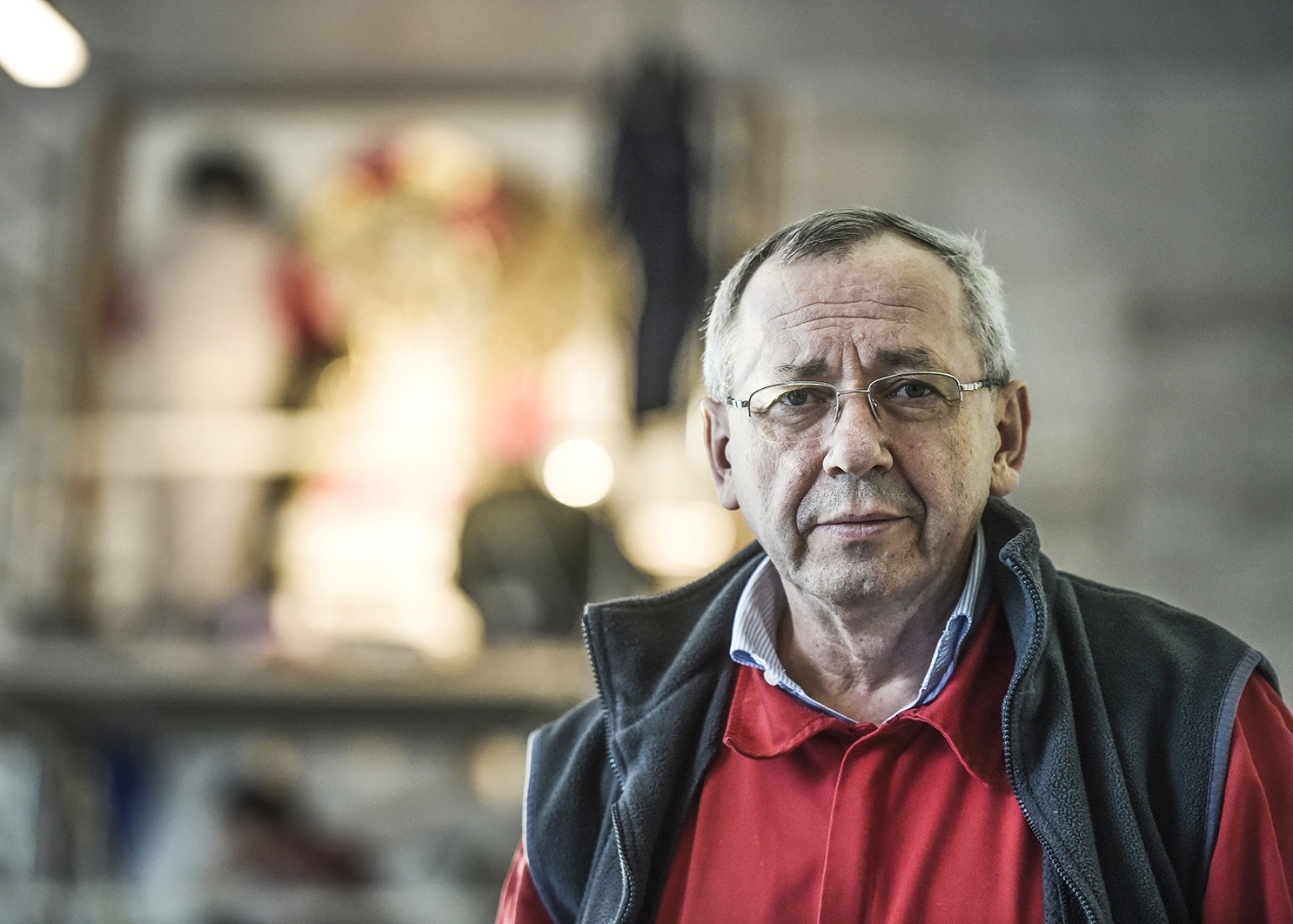(OSV News) — Catholic leaders in the city of Rosario, Argentina, comforted a terrorized population after a spate of random killings shocked the country and prompted promises of a heavy-handed security response.
Archbishop Eduardo Martín of Rosario led Catholics in praying the Rosary and celebrated a Mass for peace March 10 in Argentina’s third-largest city. He also called for prudence in the federal response as President Javier Milei proposed changing laws to permit soldiers to assist with public security tasks.
“This almost diabolical violence, I would say, wants to paralyze us, wants to make us stop, wants to spread terror not only in the city, to spread that terror in each resident of Rosario. But we have to find in Jesus the strength to move forward with certainty, that evil will not win, that evil does not have the final word,” Archbishop Martín said in his homily.
“There is a lot of work to do to sow peace. That is not weakness, it is the strength to say, ‘Evil will not convince me, it cannot tempt me in the same way.'”
Viral video of murder
The random slayings of four innocent people, including two taxi drivers, a bus driver and a gas jockey over a 48-hour period provoked fear in Rosario, where residents stayed out of sight to avoid danger.
Video of the murder of Bruno Bussanich, 25, who was shot in the chest as he worked by a young assailant walking casually to the crime scene, went viral.
“I know there are no words to lessen so much pain, but know that this government is not going to stop until there is justice,” President Javier Milei said March 10 on X, following Bruno’s murder. “As long as I am President, we are not going to stop persecuting them. We are not going to stop requisitioning the prisons. We will not hesitate when the life of an innocent person is at stake.”
Milei said March 12 that he would present modifications to the interior security law to allow the armed forces further participation in public security matters. Andrei Serbin Pont, director of the Argentine think tank Regional Coordinator of Economic and Social Research, known by its Spanish initials as CRIES, told OSV News that current rules “do not permit the involvement of the armed forces in internal security,” while mostly limiting soldiers’ participation to logistical activities.
Observers attribute the recent violence to gangs rebelling against crackdowns inside prisons. “We’re going to kill more innocent people. … We want our rights,” read a note left by Bussanich’s killer.
Key location for drug trafficking
Residents and observers describe Rosario as a city of contrasts. Vast quantities of grains and soybeans — an important source of income for Argentina’s struggling economy — move through Rosario’s port on the Paraná River, generating wealth reflected in gleaming towers and luxury homes.
But the city is marred by shanties and slums, where poverty, violence and drug use are rife. Drug cartels move illegal merchandise through the port — often with the complicity of corrupted police and public officials, according to observers — while gangs battle over drug-dealing turfs.
“Rosario is key in an infrastructure of international drug trafficking,” Serbin Pont said.
Father Fabián Belay, coordinator of the drug addictions ministry for the Archdiocese of Rosario, attributed the difficulties in the city to the combination of “a weak state plus the vulnerability experienced in the neighborhoods, without infrastructure, without urban development.”
He told OSV News a security response was “necessary to stop the crisis of violence” in Rosario. But he urged public policies to address the problem of drug addiction and marginalization, saying those vices were producing young people who don’t attend school and couldn’t find work, “who end up … falling into the narco’s world.”

